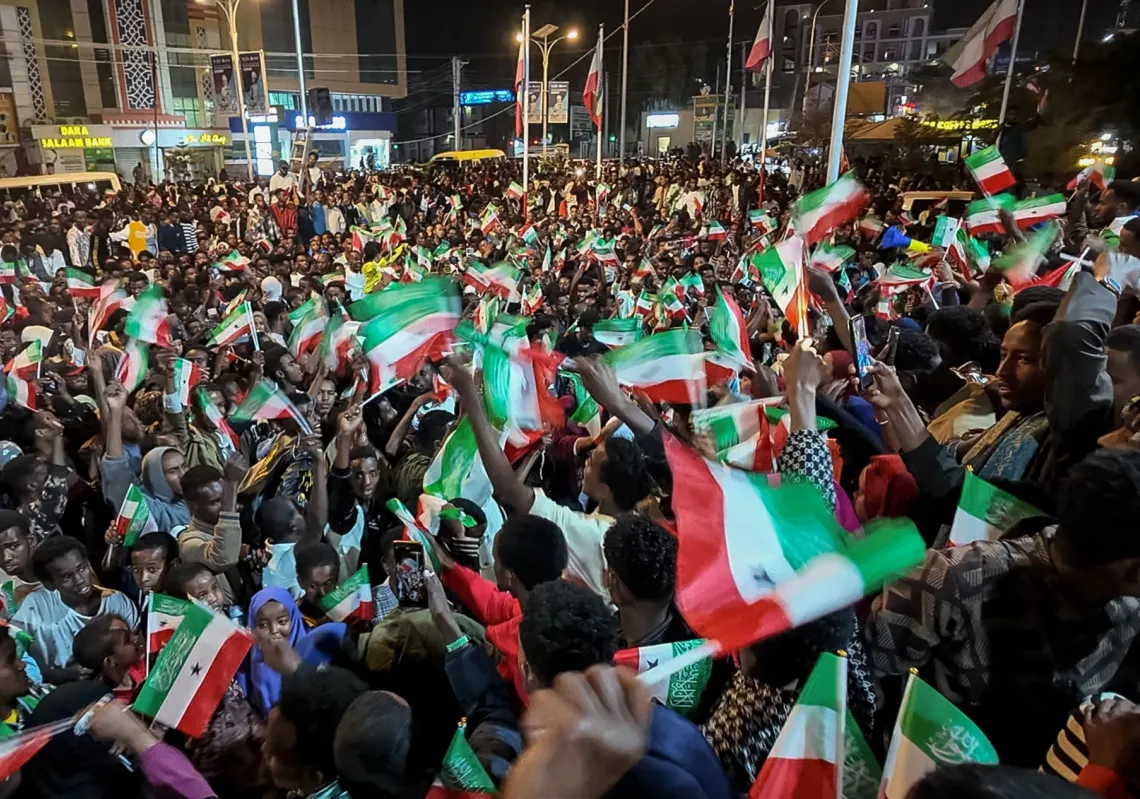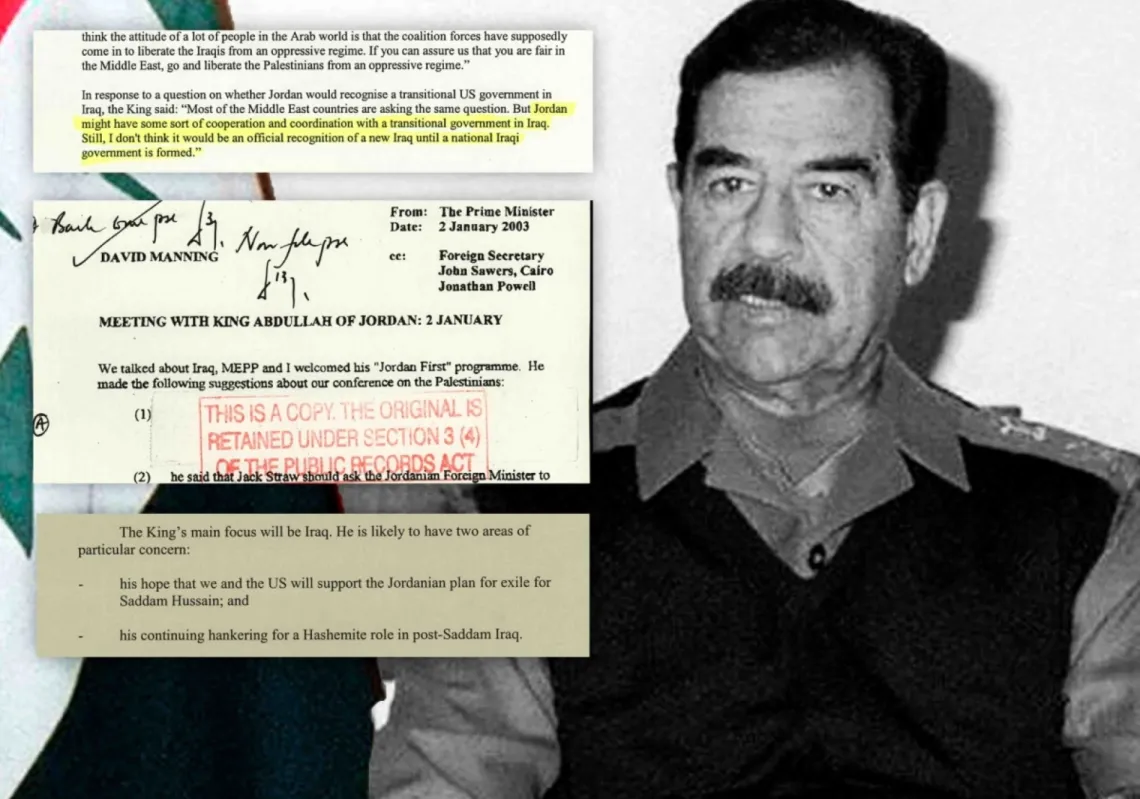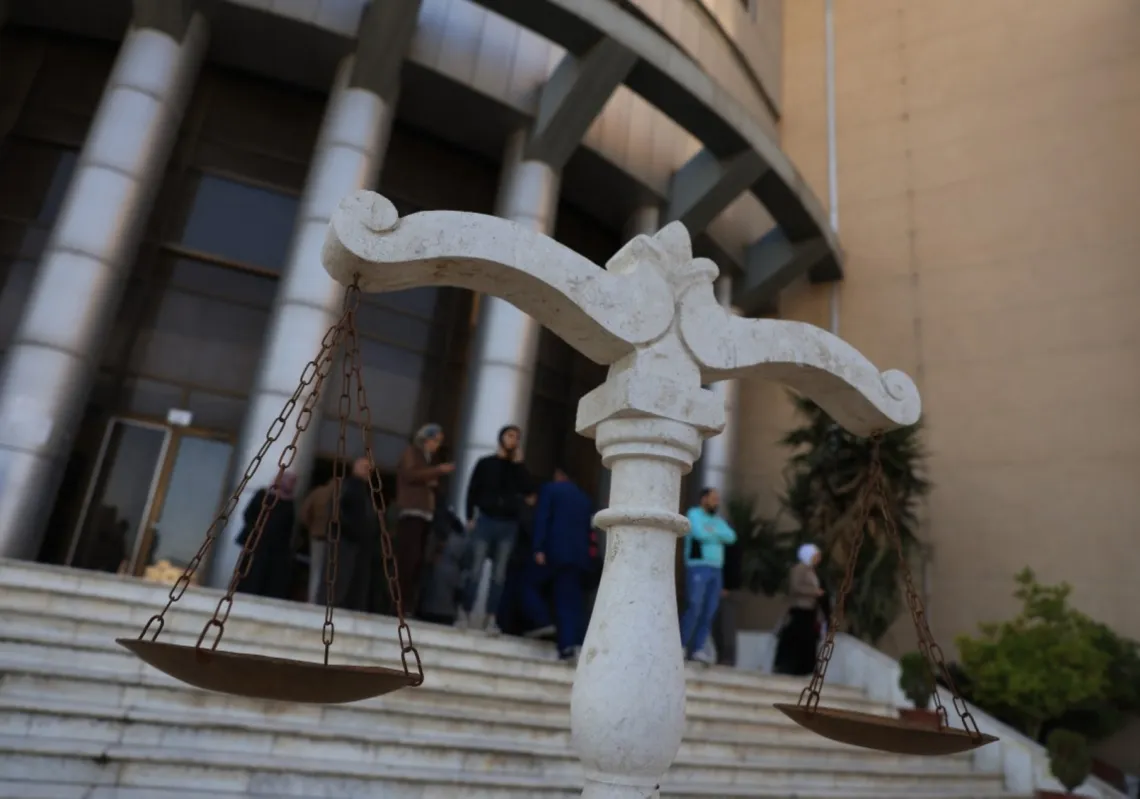The intense diplomatic activity that is taking place at different levels in Washington, Paris, Tel Aviv, Riyadh, Beirut and Damascus is a clear sign that something is afoot in the Middle East. Just about every country in the region may come to mind as the possible cause for such activity, however in this particular case Lebanon is the talk of the town. Deeply fractured internal politics and bad neighborly relations have been the usual culprits for unrest in this country, and this time it is no different.
At stake is Lebanon’s political and military security, threatened at once by the controversy surrounding the Hariri tribunal that may lead to the indictment of Hezbollah members, and the country’s tenuous borders with Israel—violently disrupted just last month when the Lebanese Armed Forces (LAF) opened-fire on members of the Israeli Defense Forces (IDF) who were thought to have crossed into the Lebanese border while trimming an olive tree. Both issues raise again the question of how Lebanon would defend its borders, and how Hezbollah’s military ambitions fit within a genuine national strategy. The possibility of a new conflict is real, but exactly when and for what reason is difficult to predict. Internal and regional players agree, however, that urgent measures are to be adopted to prevent an undesired escalation that could result in a new occupation of Lebanon, or a regional conflict involving Israel, Lebanon and Syria.
The fragile coalition government headed by Prime Minister Saad Al-Hariri is currently facing a serious issue that could greatly contribute to the destabilization of the country and weaken Lebanon’s position in the region—namely, the unconfirmed reports published by the German and Israeli media over the possible indictment of some Hezbollah members by the Special Tribunal for Lebanon (STL) for the assassination of former Prime Minister Rafik Al-Hariri in a car bomb in 2005. At that time Saad Al-Hariri and members of his coalition accused Damascus of backing Hariri’s murder. Soon after, Syrian troops were forced to withdraw from Lebanon in the spring of 2005. Considered to be the end of Syria’s 29-year-old deep and lasting political influence over Lebanon, it opened the door for Western and Saudi support, and it gave Saad Al-Hariri a chance to push for an international investigation into the murder of his father.
The involvement of Hezbollah in such a murder would have enormous implications for the future of Lebanon, especially considering the turbulent and sometimes violent relationship between it and the Lebanese government. The increasing success of Hezbollah as a political actor in Lebanon has posed a serious threat to the authority of the Lebanese government. The 2006 Lebanon war fast eroded the momentum that the Hariri government had enjoyed during Lebanon’s so-called Cedar Revolution, giving way to the rising power of Hezbollah as a non-state actor. The group’s ability to survive the Israeli offensive strengthened its control over southern Lebanon, thus preventing the Hariri government from taking any serious measure regarding Hezbollah’s weapons, a long-time American and Israeli demand in exchange for negotiations regarding a comprehensive peace and the normalization of relations with both Lebanon and Syria. The deepening political crisis between Hariri’s coalition and the resistance peaked during the bloody clashes that erupted in 2008 in Beirut when Hezbollah’s telecommunication network and their illegal surveillance cameras were found working at Beirut’s international airport. The 18-month political gridlock was terminated at the end of 2008, but only after five gruesome months of coalition talks that began in Doha in May and involved diplomats from Syria, Iran and Saudi Arabia. Known as the Doha Agreement, the power-sharing deal marked the beginning of the re-establishment of normal relations between Syria and Lebanon since Hariri’s assassination.
The tough lesson Hariri learned after his official visit to Damascus in December 2009 was that in order to consolidate his position and survive in such an unstable political environment, he needed to be on good terms with Syria. This included, among other gestures, an effort to resolve disputes over a wide variety of issues ranging from cabinet appointments to the very existence of Hezbollah’s military movement. The new diplomatic tone that US-Syrian relations took after Obama’s election to office, and earlier media reports published by the German magazine Der Speigel announcing important breakthroughs in the STL investigation in connection with the possible indictment of Hezbollah members surely smoothed the path for the rapprochement between Beirut and Damascus.
The anxiety surrounding the STL investigation prompted a tripartite meeting between Lebanese President Michel Suleiman, King Abdullah of Saudi Arabia and Syrian President Bashar Al-Assad. Held in Lebanon on 31 July, the summit was an apparent gesture to boost the current government, and to prevent an expected escalation of political conflict amongst coalition members due to possible Hezbollah involvement. The brief gathering finished after almost four hours and concluded with an ordinary statement stressing the need to strengthen “national accord and internal stability and the need to avoid violence.” Such a proclamation is understood as an attempt to defuse the tension created by the tribunal investigation.
The team investigating the murder seems to be following various clues that indicate Hezbollah’s involvement. Although it has cooperated with the investigations so far, fears that some of its members could be indicted and eventually prosecuted has prompted the Hezbollah leadership to refuse any further cooperation due to what Hassan Nasrallah has described in public as an “Israeli project” aiming to destabilize and divide the country. On the other hand, STL Prosecutor Daniel Bellemare has recently pointed out that the indictment has not been drafted yet, adding that he will only file the indictment when he is fully satisfied with the quality of the evidence. This recent statement indicates his intention to deny several rumors circulating in the media that the investigation report would be released as early as autumn this year.
The 2010 summit must be interpreted as the normalization of diplomatic relations between Lebanon and Syria, or as Steven Heydemann of the US Institute of Peace has put it in a recent article: “What we are now watching […], is not the run up to disaster but the end stages of a brokered settlement aimed at preserving the current political order intact.” It is clear that the Lebanese government sought with this summit to re-configure its former relations with Syria and now Saad Hariri’s decision to withdraw his accusations against Damascus shows Hariri’s determination to consolidate a new relationship between both nations.
It is believed in broad terms that King Abdullah has reached an agreement with Bashar Al-Assad to try to bridge the gap between Syria, the US and Egypt. At the same time the king has committed to finding a way to delay the release of STL’s indictment. A favorable scenario for Syria would be to see the cancellation of the tribunal since there is still the possibility that some of its men could be linked to the assassination, though it is very unlikely that such an maneuver could be orchestrated under the table when a more than probable indictment of Hezbollah members would put significant pressure on Hezbollah in the interest of the US and its allies.
Therefore, delaying the release of the indictment, especially in light of Hezbollah’s claims that Israel was behind Hariri’s murder, would prevent Lebanon from falling apart, at least in the short term. Although the quality of the information presented by Hassan Nasrallah is unconvincing, a delay would grant extra time to Syria and Hezbollah to prepare for what promises to be a fierce and long legal struggle for both. Saudi economic and political interests in Lebanon would hence be safeguarded and give the kingdom enough leverage to pressure the Syrian regime into accepting an intermediary role in talks with the Hezbollah leadership regarding its military apparatus. This is perhaps the price that Syria has to pay to see its influence re-established in Lebanon, and to see the Israeli peace talks re-launched after they were abandoned by Syria when Israel initiated its operation Cast Lead in the Gaza Strip in December 2009.
Time is also needed to make a deal regarding the indictment of Hezbollah members; the summit has opened the door for new negotiations between the government and the opposition. According to the Lebanese newspaper, Assafir, negotiations between Prime Minister Hariri and the Hezbollah leadership continue to take place in order to agree upon their course of action should Hezbollah members be indicted. Whatever the tribunal results, the leadership of the movement must remain intact in order to maintain internal calm and stability. Both leaders are well aware that if a robust political deal is not reached, violence could result. Such violence could occur not only between political opponents, but also between different sects as had recently happened in downtown Beirut when fighting erupted on the streets between Shi’ite Hezbollah’s supporters and a Sunni conservative group in the mixed residential area of Bourj Abu Haidar.
National Security
Fuelled by the shaky political situation is the contentious security situation. Lebanon has gone through enough interventions and wars with its neighbors to understand that often history repeats itself. The poor performance displayed by the unprepared LAF in the 2006 war with Israel definitely raised Hezbollah’s profile as the only force capable of defending the country. The LAF would not function without US support and funding; and most probably the Western support that Hariri’s cabinet enjoyed would vanish if the LAF were to face the IDF again. A recent example is Congress’ decision to withhold 100 million USD from the Lebanese army just two days after last month’s border incident took place. The familiar question facing the country of 4.2 million is how will they protect their southern border without losing Western support, the latter of which clearly hinges on its relationship with Israel.
The renewed urgency for a comprehensive defense strategy was addressed in a meeting at the Beiteddin presidential palace on 19 August between Lebanese President Michel Suleiman, members of the government and members of the opposition primarily addressed Lebanon’s ineffective defense strategy and Hezbollah’s role in it. Samir Geagea, leader of the right wing Christian party, Lebanese Forces (LF), introduced a draft for what he calls a National Defense Strategy—a plan that would incorporate part of Hezbollah’s military capabilities into the Lebanese Army. According to the plan around 4,000 of Hezbollah’s special operation troops would join the Lebanese army deployed in South Lebanon in order to strengthen LAF capabilities. According to Geagea:
This plan is temporary and would provide Lebanon with the best possible chance to defend its border for the time being, taking into consideration the army’s special capabilities, Hezbollah’s status and all the factors surrounding the current situation. In the meantime, ongoing discussions around the dialogue table would proceed to find a definitive solution for Hezbollah’s arms.
Hezbollah and other opposition members opposed the plan due to what Hezbollah MP, Muhammad Raad, declared to be Geagea’s scheme to undermine Hezbollah’s resistance rather than setting the foundation for a Lebanese National Strategy: “The proposal was meant to limit Hezbollah forces and eventually confiscate its huge weapons arsenal.”
These statements are not surprising if we take into consideration that the plan has been put forward by one of the most outspoken opponents of the resistance, and it included a precondition that Hezbollah accept the supremacy of LAF control over national defense. More importantly, Hezbollah would be required to “place all its groups and weapons under the command of the army, even it is does not inform the army about its location and presence.”
The meeting was just another example of the yawning chasm between Hariri’s block and the Hezbollah-led opposition regarding the latter’s role in Lebanon. Left out of the discussion entirely were paramount issues such the LAF response to violations of its sovereignty, and the conditions required for the resistance to abandon its armed struggle. Any movement on the disarmament of Hezbollah is highly unlikely as long as political infighting among the government continues, and no lasting settlement is achieved with Syria and Israel.
For now the summer sunshine is bright in Lebanon again. But it seems we are witnessing the classical calm before the storm. The US Arab-Israeli initiative announced by Secretary of State Hilary Clinton to begin soon, and the US sanctions approved by the UN Security Council regarding Iran’s nuclear program are delaying any possible Israeli attack on either Iran or Hezbollah. Israel’s patience will be running short if no advances are achieved on the peace process, Iran’s nuclear question and Hezbollah’s military power.








